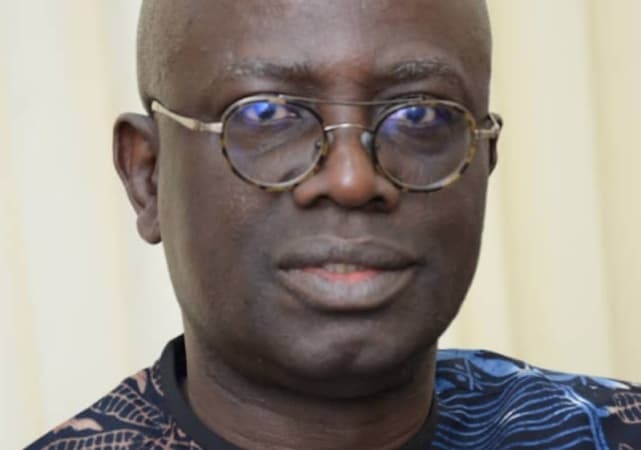
I have been out of the country since last week Monday. And for the past ten days, almost every Nigerian I have encountered has sought my view about the alleged coup attempt that led to the arrest and detention of a number of military officers. Of course, we know that in recent days, President Donald Trump has also entered the Nigerian conversation with his ‘guns-a-blazing’ threat if the federal government “continues to allow the killing of Christians.” As a member of the retired Major General Nicholas Rogers-led facts-finding committee on the incessant attacks on communities in Plateau State (2001 to 2025) which recently submitted its report to Governor Caleb Mutfwang, I know how such framing of a serious national security challenge causes more harm than good. I will come back to this later but let us begin with the (mis)management of information regarding the alleged coup attempt that continues to drag on.
The initial announcement from Defence Headquarters was clinical: 16 officers were under investigation for “indiscipline and breach of service regulations.” Then, reports of a foiled coup attempt surfaced on social media. Although the military initially denied the reports, mum was the word when the residence of a top politician was raided by soldiers. Likewise, when more arrests were reportedly made, and additional information began to leak about the movement of illicit money (in billions of Naira) between officers and their alleged civilian collaborators. While Nigerians were still trying to process what to make of these reports, the Special Adviser on Media and Public Communication to the President, Sunday Dare, said the presidency would “stick to the narrative of the military” regardless of emerging facts.
On this matter, both the presidency and the military are treating Nigerians like children who cannot handle difficult truths. And their paternalistic approach will backfire spectacularly. The last time Nigeria cancelled an Independence Day parade was in October 2010, following the 50th anniversary Abuja bombings. This year, we are told it was cancelled “to allow Mr President to attend a strategic bilateral meeting outside the country”! Nobody is buying that tale. In a democracy, the legitimacy of government rests not on its ability to back convenient narratives, but on its commitment to transparency and accountability. By refusing to provide details about the nature of ongoing arrests and investigation of dozens of military officers, the presidency has created a vacuum for speculations and conspiracy theories. And each day that passes without clarity, these narratives gain traction.
The presidency’s position to remain mute because “the military is constitutionally empowered to secure the country” is fundamentally flawed. Yes, the military has constitutional responsibilities, but it remains subordinate to civilian authority. And ultimately it is accountable to the Nigerian people. On a matter so weighty, the military cannot be the sole arbiter of what information Nigerians deserve to know. In any case, it is not for nothing that the president is invested with power and authority as the Commander-in-Chief of the same military.
By stonewalling, the presidency is inadvertently feeding the narrative from the opposition that this is a political witch-hunt designed to purge perceived opponents of the administration. Nothing can be more dangerous than such imputation that the military is being unwittingly dragged into partisan politics. This is therefore the time to come clean. If there was indeed a coup plot, someone must say so clearly. And they should tell Nigerians the people involved and what they planned. If, as some reports also suggest, these officers were merely grumbling about promotion stagnation and welfare issues, then the military must address these legitimate grievances and apologize to the public for the panic caused by its ham-fisted communication. The pertinent question is: If it turns out that the officers were indeed arrested for plotting a coup, how would the military announce that to Nigerians without losing credibility? The reputation of the military, earned through the sacrifice of countless officers who have died in defence of our country, should not be squandered by those who lack the courage to level with Nigerians on a serious national security challenge.
Meanwhile, the connecting thread in the reactions of Nigerians to both the rumoured coup and the threat of an American military invasion is the absence of a national consensus on crucial national security challenges. With weak institutions, broad distrust of political leaders, growing insecurity aided by insurgency and the worsening economic situation, we now have a coalition of aggrieved citizens who cannot differentiate between Nigeria and the government in power. It is also interesting that people in government who profited from throwing (mostly unfair) darts at President Goodluck Jonathan and his administration now behave as though they have a monopoly on patriotism. And with such hypocrisy on both sides, it is easy for many of our young men and women to detach themselves from the nation as a shared patrimony.
Since it is the violence in states like Benue, Plateau and Kaduna that is often used to push the narrative of ‘genocide against Christians’ in Nigeria, the several United States-based Human Rights Watch (HRW) reports since 2000 are useful for those who are open-minded on the nature of our security challenge. I have in the past referenced many of these publications on what started as an economy/ecology problem before ethnic and religious dimensions, combined with old grievances, ignited the violence. Some of them include, ‘Jos: A City Torn Apart’, ‘Nigeria: Revenge in the Name of Religion: The Conflict in Yelwa’, ‘Leave Everything to God: Accountability for Inter-Communal Violence in Plateau and Kaduna States, Nigeria’ etc. In their reports, HRW have consistently indicted authorities in our country for “taking no meaningful steps to address underlying grievances” or bring to justice those responsible for the massacre of innocent people, “often in horrific circumstances”. But none of their reports has ever suggested what is being imputed by some American politicians led by President Trump.
In Nigeria today, the real challenge is not the persecution of one adherents of one faith by those who profess another but rather the weakness of our institutions to deal with sundry cartels of criminals and the extent to which religion has become a political tool. In recent days, I have read reports in a section of the American media which allude to the seeming helplessness or acquiescence of authorities in some northern states when innocent citizens are murdered for ‘blasphemy’ as evidence of Christian persecution. Some powerful American politicians have also blamed the introduction of Sharia law by some northern states as justification for their position. In my uncompleted book on ‘25 Defining Issues in 25 Years of Civil Rule in Nigeria’, I dealt with this issue while recalling the story of Lawal Isa who was dragged before a Sharia Court in Gusau, Zamfara State capital on 1st March 2001 for stealing a bicycle.
With the precedent already set a few months earlier, Isa knew what would follow if convicted. On 8 May 2000 in the same state, Bello Buba Jangebe had been convicted of stealing a cow. His hand was amputated in the first of such criminal justice application in Nigeria. But in taking his plea to a similar charge, Isa confirmed that he indeed stole the bicycle, hence guilty. Justice was instant. His hand was amputated. Isa thus became the second person to be subjected to such punishment, following the controversial introduction of Sharia Law in Zamfara State on 27 January 2000 by then Governor Ahmad Sani Yerima. But he was also the last to suffer such punishment.
More than two decades later in 2021, Isa reflected on his experience without regret. He anchored his fate to the application of his religious tenets as a Muslim. Reminded that a Governor who also introduced Sharia in one of the northern states was seen in a viral video collecting bribes and pocketing them in his Babariga without being brought to justice, Isa said it would be wrong to compare himself with public figures. “Most of these people are almost above the law. They can commit whatever atrocity they want to commit and go unpunished,” Isa said in a moment of reflection. “But don’t forget that there is a final day of judgment when everyone will be judged by the Supreme Being who will not differentiate between the rich and the poor.”
Isa’s mindset about his ordeal, which reveals the contradictions of religion and the criminal justice system in Nigeria, is often exploited by our politicians. And when religious identities become political tools, there is bound to be problems, as we are witnessing in Nigeria today. That also partly explains the lack of a unanimous pushback to the threat by President Trump, even when people know it is based on a false premise.
President Bola Tinubu has issued what I consider an appropriate statement to counter the narrative from the White House on the situation in Nigeria, but some of his officials are not staying on script by releasing unhelpful statistics at a time like this. But then, mismanaging information on sensitive issues seems to be the stock in trade of this administration as we can also see from that of the coup rumours. The presidency says it will yield to the military on what Nigerians should be told. Fair enough. But it is a wrong-headed approach to leadership accountability that should be anchored not on loyalty to a narrative that is patently false, but on a commitment to the facts wherever they may lead.
Taken together, what we see in the alleged coup saga and the threat by President Trump is the underlining commonality of the government approach to national security problems. The bigger challenge is how to manage these national security crises without creating more problems, especially when the current administration has many voices and centers of assumed power. A threat from the national security front requires a uniform coherent voice and transparency in management if the government must secure the support of the people. Anything less is a betrayal of the values this government claims to uphold. And a gift to those who seek to undermine our country and its hard-won democracy.
60 Gbosas to Reuben Abati
Tomorrow in Lagos, my beloved aburo, Dr. Reuben Olubodun Adeleye Abati will turn 60 and a book presentation will mark the occasion before ‘Owambe’ follows on Saturday. That Abati has become a success story in his chosen field is no surprise given his uncommon intellect right from childhood. Throughout his primary school days, according to those who went to school with him, Abati consistently took first position. And in secondary school, he was the star at every prize giving day event. At age 20 in 1985, Abati graduated from the University of Calabar with a First Class degree in Theatre Arts. He also emerged the winner of the Vice-Chancellor’s Prize for the student with the best overall academic performance in the class and winner of the Ene Henshaw prize for the best graduating student in Theatre Arts.
In 1987, Abati bagged his Masters in Theatre Arts from the University of Ibadan and in 1990, at age 25, he completed his Ph.D. in the same discipline. His working career began at the University of Benin as a Graduate Assistant during his National Youth Service Corps j(NYSC) primary assignment before moving to the University of Ibadan in 1986 as a Teaching Assistant. He left Ibadan in 1990 to join the Department of English, Ogun State University, now Olabisi Onabanjo University.
Abati, who also holds a degree in law, actually began his journalism in 1989 as a contributing editor to HINTS and CHANELLE (romance magazines), where he wrote three weekly columns. During this period, he also freelanced for other mainstream publications. In 1992, he joined the editorial board of The Guardian, while still a university lecturer. At the Newspaper, Abati wrote insightful columns (most times detailing his varied experiences inside ‘Molue’) and eventually succeeded the inimitable Prof Olatunji Dare as chair of the editorial board.
Relatively uninhibited and often provocative, Abati’s columns were also entertaining as he assumed the role of ‘expert’ on virtually all issues, including sometimes on how men and women should conduct their affairs in The Other Room. His vocabulary was pitched well at an upper-class readership but through his choice of issues, which sometimes verged on the melodramatic, he also appealed to the ordinary people. Meanwhile, Abati never left theatre performance as an actor, stage manager and director both on radio and television. That perhaps explains the ease with which he has transitioned from print to the electronic media where he now anchors the popular ‘Morning Show’ on ARISE television.
As he turns 60 tomorrow, I can only wish happy birthday, long life and good health to the one and only ‘Monumental Reuben’. (This Day)
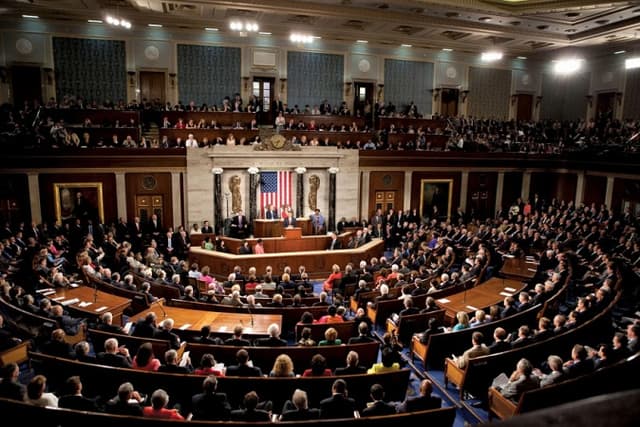
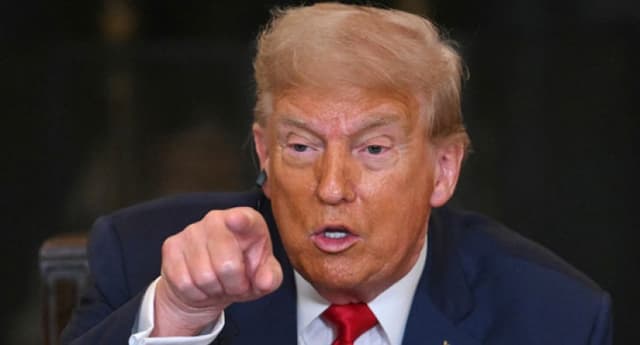
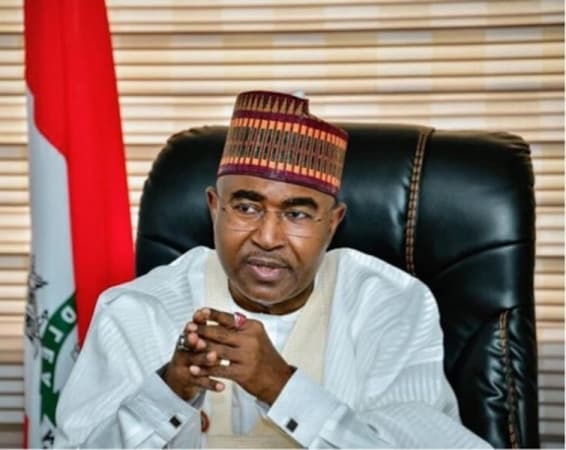
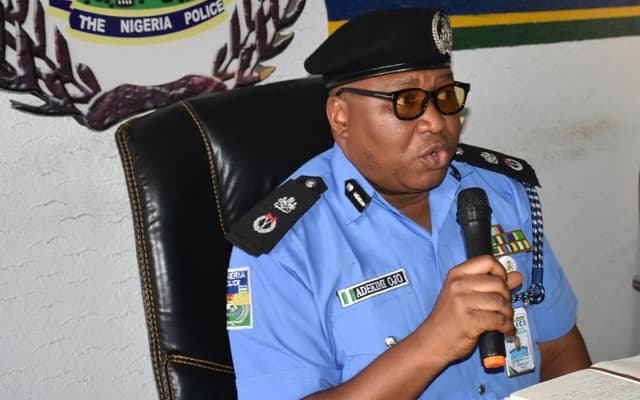
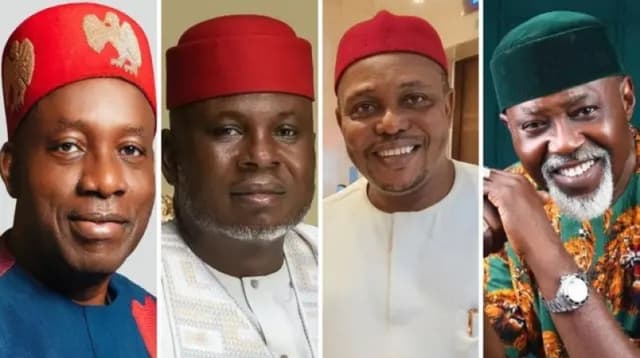
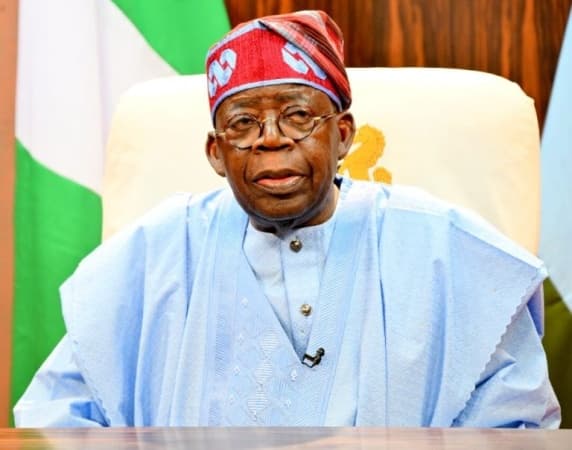

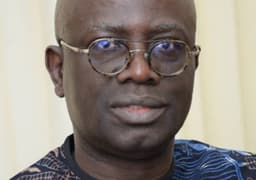
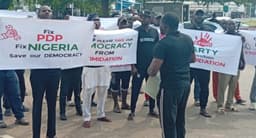
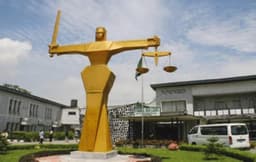
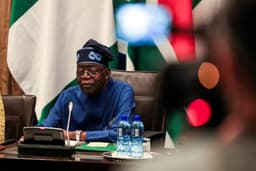

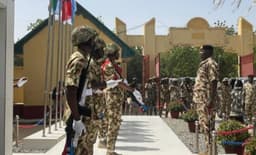

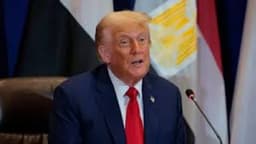
.webp&w=256&q=75)
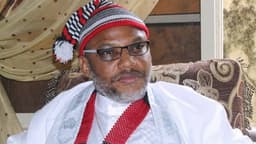
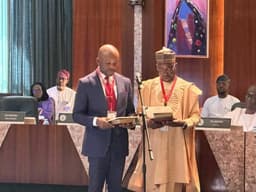
![US Congress bill proposes visa bans, asset freezes for Miyetti Allah over A]alleged christian persecution in Nigeria](/_next/image?url=https%3A%2F%2Fsupport.newsexpressngr.com%2Fimages%2F2025%2F11%2F1762439830.jpeg&w=256&q=75)
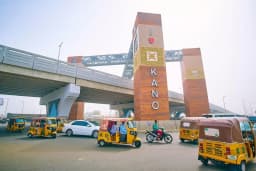

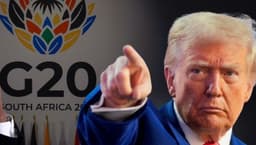

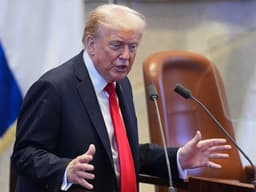



NEWS EXPRESS is Nigeria’s leading online newspaper. Published by Africa’s international award-winning journalist, Mr. Isaac Umunna, NEWS EXPRESS is Nigeria’s first truly professional online daily newspaper. It is published from Lagos, Nigeria’s economic and media hub, and has a provision for occasional special print editions. Thanks to our vast network of sources and dedicated team of professional journalists and contributors spread across Nigeria and overseas, NEWS EXPRESS has become synonymous with newsbreaks and exclusive stories from around the world.